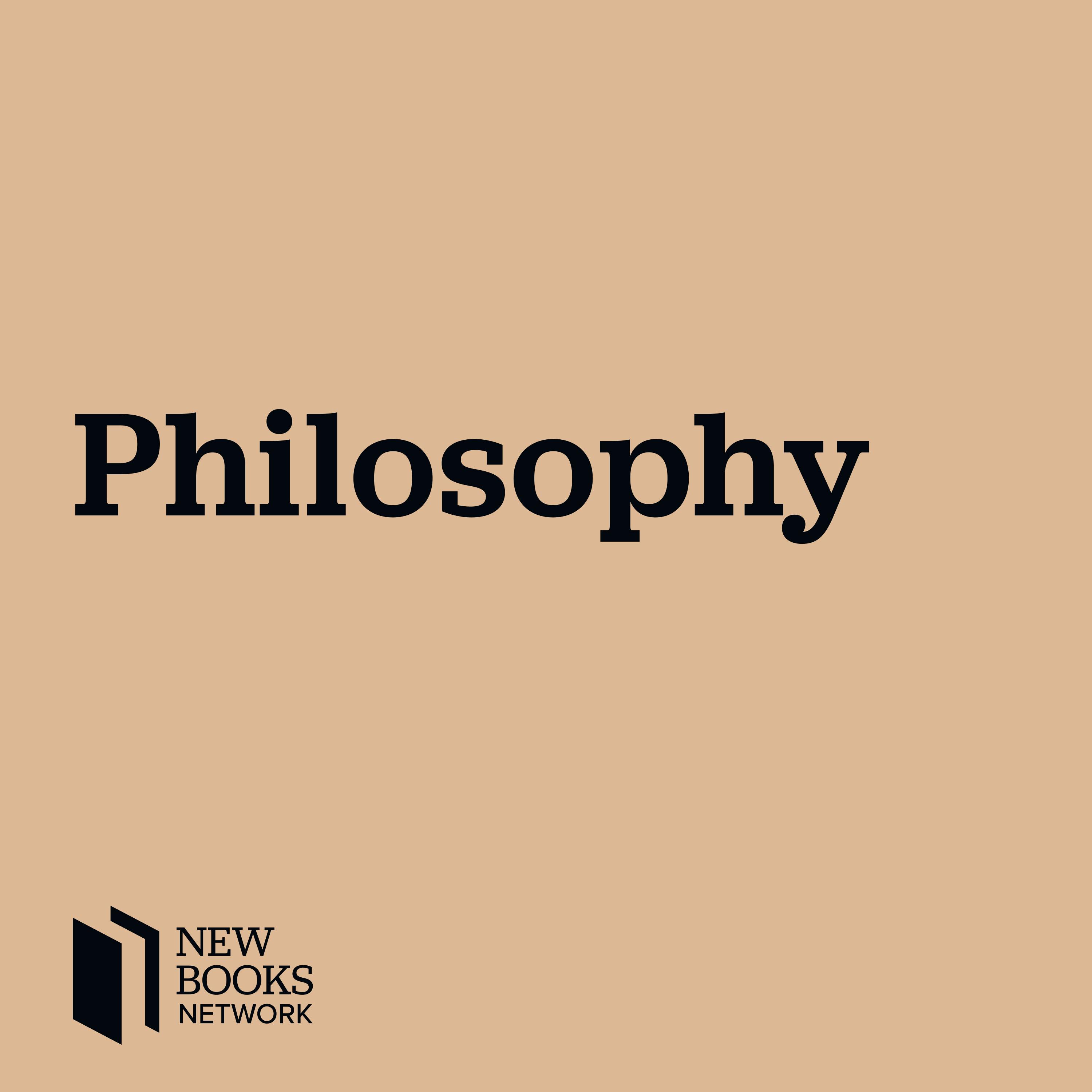Paul Goldin, "The Art of Chinese Philosophy: Eight Classical Texts and How to Read Them" (Princeton UP, 2020)
Description
Paul Goldin's book The Art of Chinese Philosophy: Eight Classical Texts and How to Read Them (Princeton UP, 2020) provides an unmatched introduction to eight of the most important works of classical Chinese philosophy--the Analects of Confucius, Mozi, Mencius, Laozi, Zhuangzi, Sunzi, Xunzi, and Han Feizi. Combining accessibility with the latest scholarship, Paul Goldin, one of the world's leading authorities on the history of Chinese philosophy, places these works in rich context as he explains the origin and meaning of their compelling ideas.
Because none of these classics was written in its current form by the author to whom it is attributed, the book begins by asking, What are we reading? and showing that understanding the textual history of the works enriches our appreciation of them. A chapter is devoted to each of the eight works, and the chapters are organized into three sections: Philosophy of Heaven, which looks at how the Analects, Mozi, and Mencius discuss, often skeptically, Heaven (tian) as a source of philosophical values; Philosophy of the Way, which addresses how Laozi, Zhuangzi, and Sunzi introduce the new concept of the Way (dao) to transcend the older paradigms; and Two Titans at the End of an Age, which examines how Xunzi and Han Feizi adapt the best ideas of the earlier thinkers for a coming imperial age.
In addition, the book presents clear and insightful explanations of the protean and frequently misunderstood concept of qi--and of a crucial characteristic of Chinese philosophy, nondeductive reasoning. The result is an invaluable account of an endlessly fascinating and influential philosophical tradition.
Learn more about your ad choices. Visit megaphone.fm/adchoices
More Episodes
Published 04/10/24
In The Metaphysics of Meditation: Sri Aurobindo and Ādi Śaṅkara on the Īśā Upaniṣad (Bloomsbury 2024), Stephen Phillips argues that the two titular Vedānta philosophers are not as opposed as commonly thought. His book is structured as a series of essays on Aurobindo and Śaṅkara’s analysis of the...
Published 03/20/24
A lot of what we claim to know we learn from other people's testimony: they tell us, and in many ordinary contexts that is enough to gain knowledge. But for many philosophers, aesthetics is different. Such pessimists about aesthetic testimony hold that facts about aesthetic properties – such as...
Published 03/10/24


